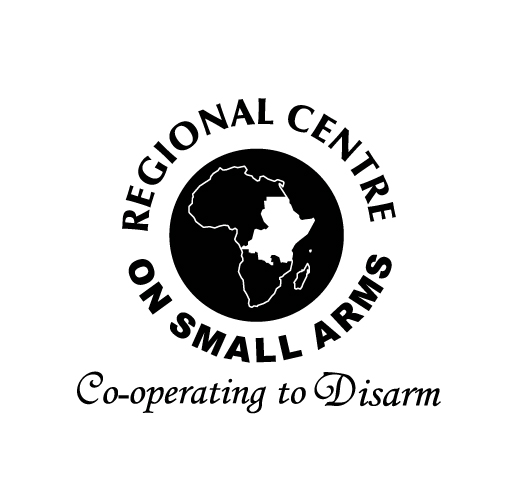GTA BOOK (MERGED)_230928_172507
Executive Summary
Small arms and light weapons (SALW) proliferation and misuse have devastating effects on human security, particularly on women and girls who are disproportionately affected. The armed conflicts in the region illustrate how SALW and their illicit circulation contribute to rapid fragility situations leading to violent shifts of political regimes, instability, gender-based violence, humanitarian crisis and terrorism, with dreadful spill-over impact across the region. It is therefore imperative that we consider adapting a gender-transformative approach in efforts to prevent and combat the illicit trade in SALW and promote peace and security in the RECSA region.
It is on this basis that this study seeks to examine the gender transformative approaches in the implementation of arms regulation instruments that can be adapted by RECSA Member States to improve effectiveness and efficiency in the implementation of the Nairobi Protocol for the Prevention, Control and Reduction of small Arms and Light Weapons in the Great Lake region, Horn of Africa and Bordering States.
This research utilized the cross-sectional study design as all data was collected between November 2022 and March 2023. Data from RECSA member states and partners was collected using the mixed methods approach, which allowed for optimal leverage of the benefits of both quantitative and qualitative research as well as deductive and inductive thinking.
The study identified several gender transformative practices currently implemented by RECSA member states who are increasingly making effort to mainstream gender in SALW control and management. It found out that all RECSA member states have put in place laws and policies that seek to address gender inequality. This is an acknowledgement that the solution to structural gender inequality is to address the structure that created it.
Research participants also recorded the move by their countries to increase participation of women in governance and decision-making, including overseeing SALW control and management.
The study concluded that gender norms and roles while interacting with other factors, fuel the demand for SALW and shape patterns of their misuse. Gender also conditions specific risks that women and men face with respect to small arms misuse, in particular the forms and extent of their exposure to armed violence. Additionally, widespread availability and misuse of small arms exacerbate existing gender inequalities, both in conflict and non-conflict settings, and reinforce power imbalances between women and men.
The study recommends the need for building the capacity of Member States to integrate gender in their laws and policies; advocate for more women representation in SALW processes including NFP co-ordinators on SALW; commission of research on the link between gender norms and SALW in all RECSA member states; institute deliberate efforts to incorporate gender considerations when planning and designing SALW strategies; transform men in SALW control to be allies to gender equality; advocate for and coordinate elaborate partnerships between
RECSA member states (executive, legislature & judiciary), CSOs, international organizations, private sector and community organizations to strengthen the fight against SALW; utilize ICT and other available tools to create alternative means of enhancing gender equality in SALW and partnership with institutions of higher learning to craft courses and programs on SALW and the role played by women.
